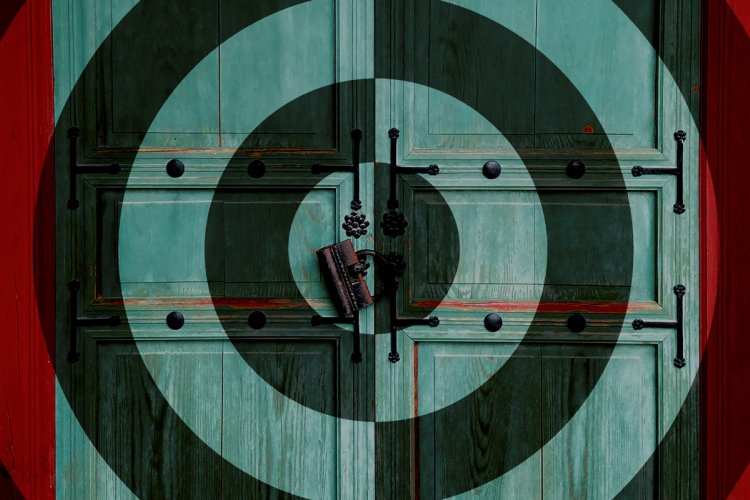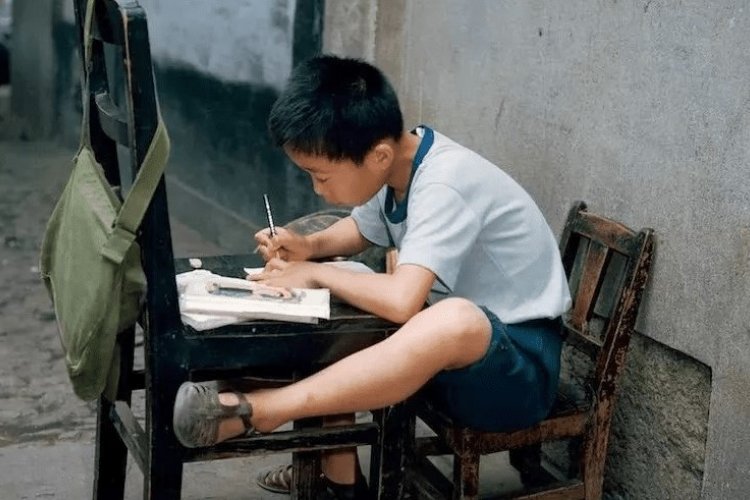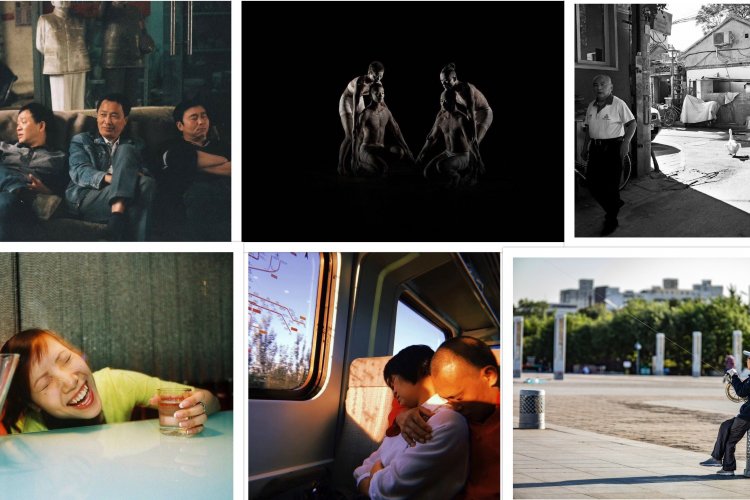Spittoon Presents: Searching for Past and Place in Lucy Tan's "What We Were Promised"
This work of fiction is provided by our content partners Spittoon Collective. You can read more content just like this from Beijing's creative literary minds via their website here. You can also find the original article here.
***
Do we still know the places that we leave behind after so many years?
We move, learn a new language, a new culture, start belonging to the world... We’re not just a person from a place, but from many places, and yet somehow everything we do seems to be wrapped around the need to fulfill something we set up in the places where it all began, the home we were born to. We can rest assured that the lost paradise of childhood is really lost and that, probably, as the unreliable narrator of our own life, it never really existed as we remember it. If geographical movement makes us evolve and become someone new, why does the way we feel about the world seem to have never loosened its roots from that home inside of us?
Named one of the Best of Books of 2018 by The Washington Post, Refinery 29, and Amazon, What We Were Promised is about the nostalgia for a homeland as a defensive mechanism against the emptiness of the present. Chinese-American author Lucy Tan follows the lives of two Chinese women in 2010, Lina and Sunny. The former being the latter’s boss, the book sets up a character study of people from different economic classes facing the same essential fears and desires.
After two decades of living in the US, when Lina, Wei, and their daughter Karen move back to Shanghai for Wei’s marketing career, Lina feels a need to make herself useful in a luxury household sustained by her husband. As the charity meetings with other upper-class expat’s wives and the numerous Prada bags and dresses don’t seem to bring the emotional fulfillment she’s looking for, searching and yearning for the past becomes a type of mental entertainment. Haunted by the circumstances surrounding her arranged marriage to Wei and her lingering feelings for his brother, Qiang, this main character departs on the most important journey of her life: the one inside herself.
If the romance sounds predictable, consider that it also serves the purpose of illustrating some of the author’s political and social commentary and, in that sense, it is successful. It’s not an intricate plot full of twists more than it is a representation of a particular point in China’s history in which the social and economic reality changed so drastically as to allow characters to go through radical changes in a short period of time – from poor villagers to nouveau rich in a futuristic megacity. However radical the social changes might be for some, under the new imported free-market ideologies, Chinese society is still characterized by a huge social gap, and that is one of the most salient points of the book. The housekeepers of the luxury apartments in Shanghai discuss this:
“The foreigners are one thing, but these Chinese-born foreigners! It’s sickening to watch them accumulate their handbags and their fancy cars. To clean up after their parties. They’re not so much younger than us. We’re all Chinese, aren’t we? Our parents all grew up under Mao and Deng Xiaoping together. The entire country was poor – together. They act like they weren’t raised in a place where for most people, breakfast was watered-down rice, too thin even to be called porridge. They think they’re so much better than us because they got schooling and went abroad…” (Kindle Location 1398)
On the one hand, we have Lina feeling useless for not having a clear function in her household and, on the other, we have the husband, who having reached the top of the corporate ladder feels useless too. His concerns have to do with the ideological doctrine he grew up learning from his revolutionary father.
"He had spent the past two years studying Chinese herd mentality in the marketplace, its susceptibility to established Western brands, and then he’d gone ahead and placed companies like Nike, Coach, and KFC leagues ahead of every domestic competitor. Deep down, Wei wondered if his homecoming wasn’t a way of paying his respects to his mother country, as he had wanted it to be, but an act of betrayal. Had he turned into the imperialist the old revolutionaries had feared their children would become?" (Kindle Location 307)
Sunny, a maid at the family’s condo with modest origins, is a symbol of the struggle that today’s China still faces. She embodies both the hard-working attitude that leads to change and life improvement and the need to break with traditional paradigms – as she refuses to marry and doesn’t want children.
It is an introspective novel with no memorable climax but full of minimalist and clean writing, using poignant metaphors with a very discreet charm: “There was something indecent about the way she packed her lunch – like someone getting dressed after failing to seduce.” (Kindle Location 1405)
And finally, it is an exploration of the things we feel we owe to our countries, families, and ourselves. A problem familiar to long-term expats: the feeling of not belonging to where they came from or where they’ve settled, approached in a realistic narrative that might give readers an idea of the existential crisis in contemporary China and a glimpse into its recent past. The place we leave behind might still be there, always transforming and changing, just like we do, because, in the end, it never really leaves us, we’re just carrying it with us wherever we go.
Like this and want more? Click here to read Spittoon's last fiction piece Pay Your Respects.
Image: USA Today







